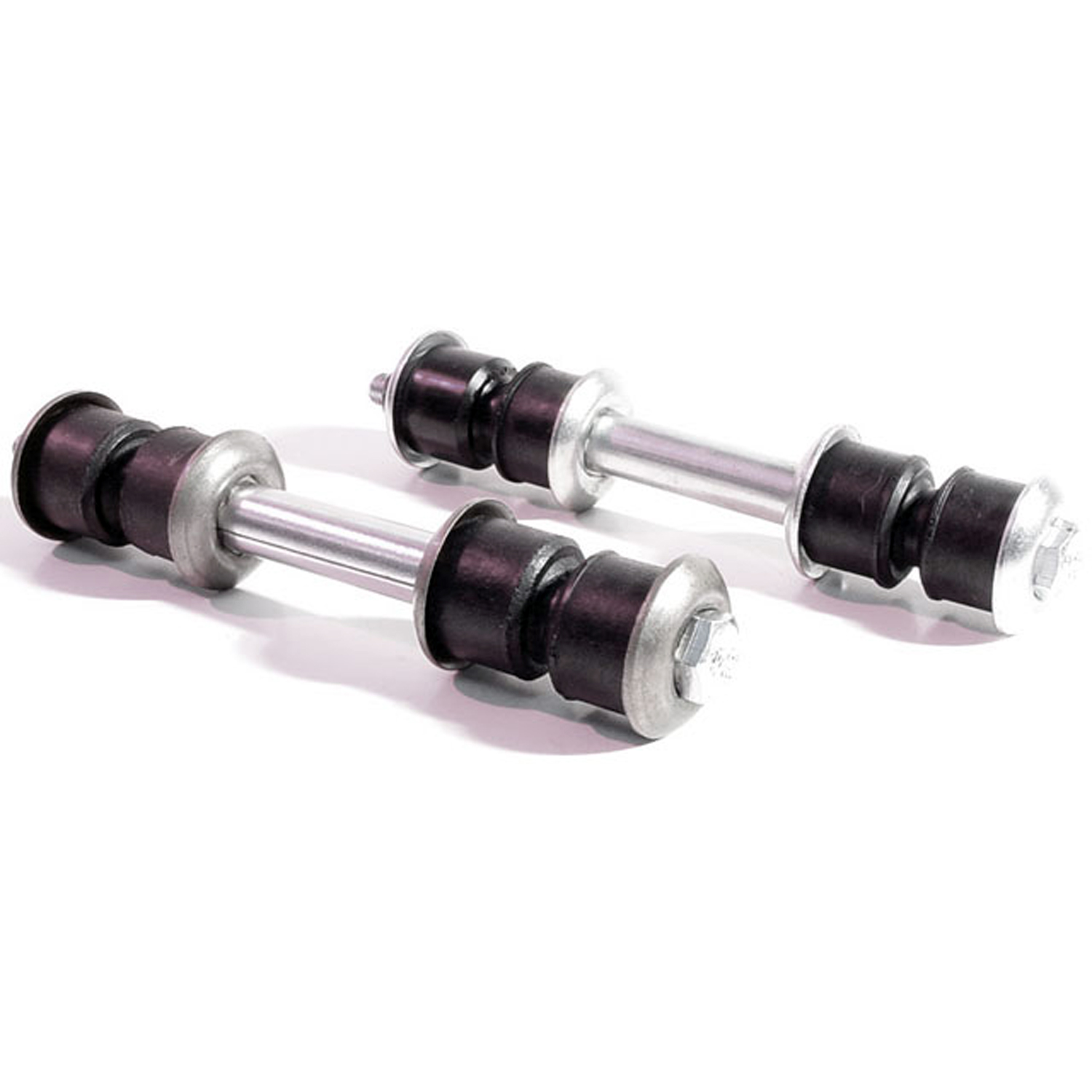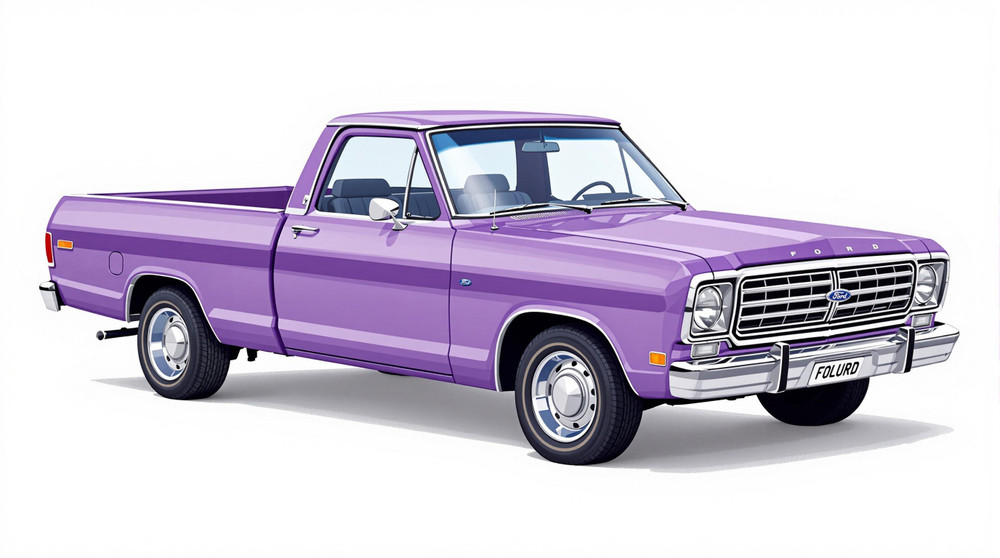Image of 1976 Ford Courier, Note: These illustrations use artistic license and may differ from actual historical models.
Performance Metrics
Fundamental Metrics
Emotional Appeal
MMP Rating
| Engine Specifications | |
|---|---|
| Engine: | 2.3L 4-cylinder engine |
| Displacement: | 140 cu in, 2295 cc |
| Horsepower: | 74-80 hp |
| Torque: | 120 lb-ft |
| Compression Ratio: | 8.2:1 |
| Ignition System: | Electronic |
| Cooling System: | Liquid-cooled |
| Performance Specifications | |
| 0-60 Time: | Estimated 20 seconds |
| 1/4 Mile Time: | Estimated 22 seconds |
| Top Speed: | 85 mph |
| Transmission and Drive | |
| Drive Type: | Rear-wheel drive |
| Transmission Type: | 4-speed manual |
| Fuel and Efficiency | |
| Fuel System Type: | Carburetor |
| MPG: | 20-25 mpg |
| Dimensions and Brakes | |
| Brakes: | Front disc, rear drum |
| Wheelbase: | 109.9 in |
| Weight: | 3000 lbs |
Note: Specifications for classic cars are given to the best of our ability, considering the limited and variant data available.
A Journey Back to the Workhorse Roots: The 1976 Ford Courier
The 1976 Ford Courier is a testament to utility and simplicity during an era where automotive excess began to see a downturn. Born from a partnership between Ford and Mazda, this compact pickup truck was Ford's answer to the burgeoning small truck market of the 1970s. As gas prices soared and the American appetite for smaller, more fuel-efficient vehicles grew, the Courier carved out its niche. Notably, it was during this time that the Courier featured one of the most memorable advertising campaigns with the tagline "The Little Tough Truck," which helped cement its place in compact truck lore.
Design and Innovation
The exterior of the 1976 Ford Courier was characterized by its utilitarian design—a no-frills, sturdy body that prioritized function over form. Its boxy silhouette and round headlights echoed the design language of its time, while the relatively compact dimensions made it a nimble option for urban work duties. Inside, the Courier was basic, with vinyl seats and a simple dashboard layout. The materials were durable, reflecting the work-oriented nature of the truck. Technological features were sparse, but for its time, it offered what was necessary for a work vehicle, including a reliable heating system and an AM radio.
Color options for the Courier ranged from classic whites and blues to more vibrant hues that mirrored the personality of the '70s. Among these, the brighter shades often stood out and became popular with buyers looking to make a statement. The Courier was available in a single body style—a two-door pickup with a standard bed, which became iconic for its practicality and no-nonsense approach to transportation.
Historical Significance
The Ford Courier's impact on automotive design was subtle yet significant. It helped to popularize the compact pickup segment in North America, a category that would see tremendous growth in the following decades. Its straightforward design philosophy set it apart from larger, more ostentatious trucks of the time and paved the way for the acceptance of smaller utility vehicles in the American market.
Performance and Handling
Performance-wise, the 1976 Ford Courier was modest by today's standards. Its four-cylinder engine was designed more for reliability and fuel efficiency than for speed, with acceleration and top speed figures that were adequate for daily work tasks rather than high-performance pursuits. Handling was straightforward, with a suspension tuned more for load-bearing than for carving corners. Drivers often praised the Courier for its honest driving experience—the hum of its modest engine and the direct feedback from the road created a sense of connection between man and machine that is sometimes lost in modern vehicles.
Ownership Experience
Owners of the 1976 Ford Courier typically used it as a daily driver or work vehicle, with some enthusiasts restoring or customizing their Couriers for show car status or even local racing events. Maintenance and reliability were among its strong suits, with simple mechanicals that made repairs relatively easy for the average owner. Parts were—and continue to be—readily available due to the shared components with Mazda trucks of the same era.
Fun Facts
A fun fact about the Ford Courier is that it was among the first vehicles to be affected by the Chicken Tax—a 25% tariff on potato starches, dextrins, brandy, and light trucks imposed in 1964 by Lyndon B. Johnson in response to European tariffs on chicken imports. This led to some creative solutions by manufacturers to circumvent the tax, including Ford importing Couriers with temporary seats installed in the bed, classifying them as passenger vehicles.
Collector's Information
Today, the 1976 Ford Courier is a rare sight, with production numbers not nearly as high as some of its contemporaries. It's estimated that tens of thousands were produced during its run. As a collector's item, its value can vary widely based on condition, originality, and location. A well-preserved example could fetch anywhere from $5,000 to $15,000 or more depending on specific market factors at any given time. The trend seems to be appreciating slowly as interest in vintage trucks continues to grow.
Conclusion
The 1976 Ford Courier may not have been the flashiest or fastest truck on the road, but its significance lies in its role as a pioneer in the compact truck segment. It offered practicality, reliability, and efficiency at a time when America's roads began to change. For those who appreciate automotive history or seek a tangible connection to simpler times, the Courier remains a beloved piece of Americana.
1976 Ford Courier Catalog of Parts
 1976 Ford Courier Front Stabilizer End Repair Kit-BNK 24Front Stabilizer End Repair Kit. 22-piece set for two stabilizer bars. Contains all rubber bushings, washers, bolts and nuts, enough for one front end. Set
1976 Ford Courier Front Stabilizer End Repair Kit-BNK 24Front Stabilizer End Repair Kit. 22-piece set for two stabilizer bars. Contains all rubber bushings, washers, bolts and nuts, enough for one front end. SetWhy Choose Metro?
For over 100 years, Metro Moulded Parts has been the pinnacle of quality in classic car restoration parts. Our commitment to precision and authenticity in every component ensures a perfect fit and an OEM-level appearance.
- Expert Craftsmanship & Quality: Each part is a testament to our dedication to reliability and perfection, crafted from original designs and thoroughly tested.
- Advanced Technology: We use cutting-edge techniques to create flawless, long-lasting parts that surpass others in performance.
- SuperSoft Sponge – The Ultimate Door Seal: Not only are our door seals 30% softer than competitors', but they're also guaranteed to never leak. They effectively reduce wind and road noise, enhancing your classic car's comfort and driving experience.
- Proudly American: Our parts are a product of American craftsmanship, made in the USA with a spirit of excellence and heritage.
- Unrivaled Warranty: We back our products with a 30-year industry-leading warranty, a testament to our confidence in their quality.
Join us in preserving the legacy of classic cars with parts that are crafted for perfection, not just made.

